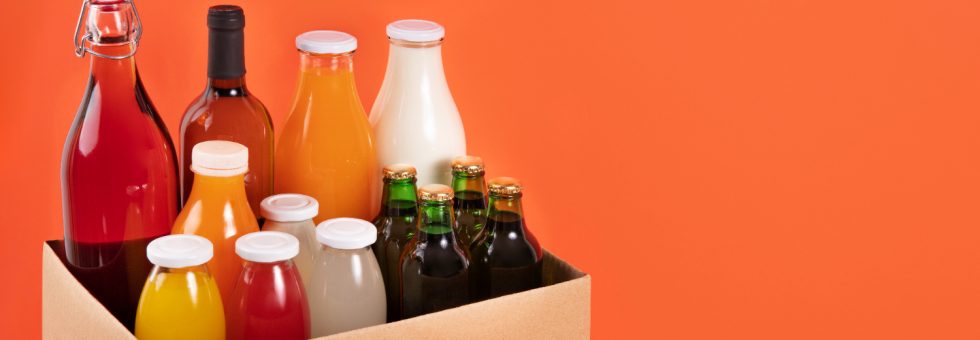Navigating the complex landscape of food and beverage importation into the UK requires a strategic approach to identify reputable importers, comprehend compliance requirements, and ensure adherence to tariffs and duties. This article provides insights into finding the best food importers, understanding import regulations, and maintaining compliance within the UK’s food and beverage sector.
Identifying Reputable Food and Beverage Importers
Selecting a trustworthy importer is crucial for the seamless entry of your products into the UK market. Consider the following steps:
- Research and Reviews: Investigate potential importers by examining industry reports and customer feedback. Platforms like FreeIndex offer directories of UK food wholesalers with reviews, aiding in assessing their reliability.
- Industry Directories: Utilise comprehensive lists of food importers and distributors. Resources such as FoodCoDirectory provide detailed information on various importers, including their product ranges and areas of operation.
- Professional Networks: Engage with industry associations and attend trade shows to connect with established importers. Networking within professional circles can lead to partnerships with reputable companies.
Top Food and Beverage Importers in the UK
Here are some notable importers in the UK:
- Empire Bespoke Foods: A leading importer and distributor of authentic food and drink brands from around the world, representing over 60 brands across nine categories. Based in West London, they offer nationwide delivery.
- Bestway Wholesale: Established in 1976, Bestway is a top food distributor in the UK, serving a diverse customer base from independent restaurants to national chains. They specialise in custom solutions tailored to client needs.
- Brakes Group: Founded in 1958, Brakes is a major foodservice distributor in the UK, catering to independent and multi-unit restaurants, healthcare, hospitality, and other foodservice businesses. They focus on sustainability and high-quality products.
Understanding Compliance, Tariffs, and Import Duties
Importing food and beverages into the UK necessitates adherence to specific regulations and an understanding of applicable tariffs and duties:
- Commodity Codes: Accurately classify your goods using the UK Trade Tariff to determine the correct commodity codes, which dictate the duties and VAT applicable. The Trade Tariff Service provides guidance on finding the appropriate codes.
- Import Licences: Certain agricultural goods and food products require import licences. The UK Government’s Guidance outlines the procedures for obtaining necessary licences.
- Tariffs and Duties: The UK Global Tariff (UKGT) applies to goods imported into the UK. Use the UKGT Tool to check the tariff rates for your products.
- Value Added Tax (VAT): Importers are required to pay VAT on imported goods. The Trade Tariff Service provides information on VAT rates applicable to different products.
Staying Vigilant and Compliant
Maintaining compliance with UK import regulations is essential to avoid legal complications and financial penalties:
- Stay Updated: Regularly consult official sources such as the Food Standards Agency for updates on import regulations and compliance requirements.
- Documentation: Ensure all import documentation, including licences, certificates, and declarations, is accurate and up-to-date to facilitate smooth customs clearance.
- Professional Advice: Consider consulting with customs brokers or legal experts specialising in UK import laws to navigate complex regulatory requirements effectively.
Managing food and beverage imports can be challenging, but with the right partners, it becomes a lot simpler. At KEYFX, we specialise in helping businesses like yours transfer funds abroad securely and efficiently. Our expert team ensures you get the best currency solutions tailored to your needs, allowing you to focus on growing your business.
Sign up with KEYFX today to access reliable currency exchange services and expert guidance. Let us help you take the hassle out of international payments and secure the best financial outcomes for your business.
Successfully importing food and beverages into the UK involves thorough research to identify reputable importers, a comprehensive understanding of compliance requirements, and meticulous attention to tariffs and duties. By leveraging available resources and staying informed about regulatory changes, businesses can establish a strong foothold in the UK market while ensuring full compliance with import laws.
